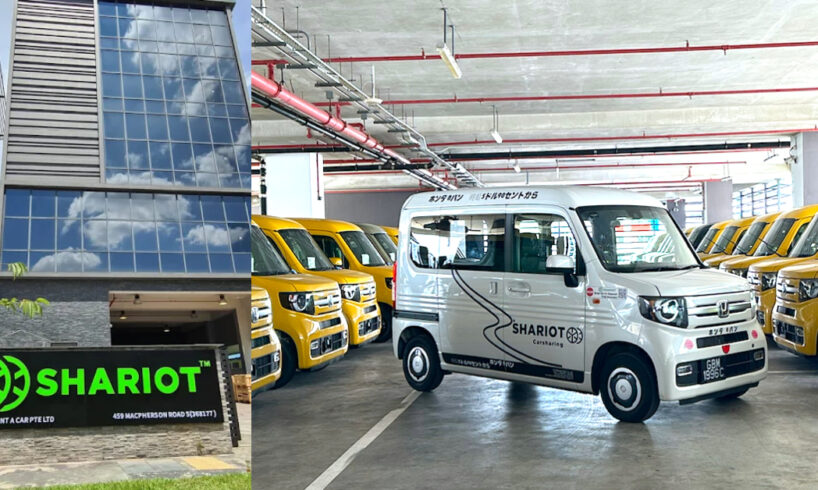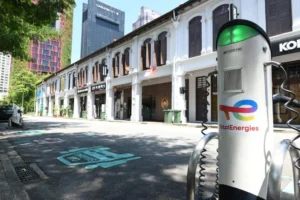
Most of the liabilities stem from the companies’ associated business, Autobahn Rent A Car
Singaporean car-sharing firm Shariot, together with eight other related companies, has asked its creditors for a temporary stop to its debt payments so it can work on restructuring, after disclosing that the group collectively has about S$180 million in debt.
Speaking to The Straits Times yesterday (Nov 26), Roy Tan, the major shareholder of the companies, said most of the liabilities stem from the companies’ associated business, Autobahn Rent A Car, which had expanded aggressively in recent years.
The eight companies, which operate across car leasing, rental, repairs, sales, and financing, are deeply intertwined in their operations and cash flow. As a result, when Autobahn underperformed, the effects were felt throughout the group.
The company grew its fleet from 500 to 1,700 vehicles over the past few years, with many units used for short-term rentals or ride-hailing.
However, Tan revealed that its earnings have fallen sharply in the past 12 to 18 months as operating costs rose while rental rates declined due to competition. This mismatch between costs and revenue made it increasingly difficult for the company to meet its loan obligations, placing the broader group under financial strain.
According to The Straits Times‘ report, a letter dated Nov 25 from the companies’ appointed law firm, Fervent Chambers, states that the restructuring options being assessed include getting temporary protection from creditors through a court order.
Discussions could involve revised payment terms, potential new investors, or a reorganisation under Singapore’s insolvency laws. Despite the financial troubles, Tan has clarified that ongoing bookings remain unaffected, and customers can continue using Shariot’s services as usual.
Vulcan Post has contacted Shariot to provide additional comments on the matter.
Rapid expansion at a cost
Shariot first launched in 2020, positioning itself as a low-cost, convenient car-sharing option for everyday Singaporeans. It placed its fleet primarily in HDB heartlands, offering rentals from around S$1 per hour and allowing users to book and unlock vehicles through a mobile app.
The service provided an alternative for those who needed occasional access to a car without the commitment of ownership or long-term leases.
In 2023, Shariot broadened its offerings by introducing a van-sharing service, adding 300 Honda N-Vans to its fleet. The launch targeted small business owners, delivery workers, and gig-economy drivers who needed flexible access to a van for short-term use.
The vans were available 24/7 through the app, with promotional rates starting from S$5.80 per hour. This expansion aimed to serve both personal and commercial users, positioning Shariot as one of the few platforms offering on-demand van rentals.
However, the company’s rapid growth may have come at a cost. While Shariot expanded to more than 300 locations islandwide, a larger fleet also meant significantly higher expenses, including loan repayments, insurance premiums, and maintenance and operational costs.
Shariot’s situation comes at a time when Singapore is pushing for a more car-lite future, with shared mobility as a key component, but the market is already crowded with competition.
Other car-sharing services have also folded in recent years. Just months before Shariot’s financial troubles came to light, BlueSG, the pioneer of electric car-sharing services, ceased all operations in Aug, as it prepares to launch a new service in 2026.
Hence, this raises questions about the long-term sustainability of shared-mobility providers operating in Singapore’s high-cost environment, where vehicle prices, insurance, and regulatory barriers remain steep.
The outcome of the restructuring talks will determine Shariot’s next chapter. A successful negotiation could allow the company to continue operating in a leaner, more financially stable form. If not, thousands of users and small businesses relying on its rentals may be affected—potentially reshaping the short-term vehicle rental landscape in Singapore.
Read more stories we’ve written on Singaporean businesses here.
Featured Image Credit: Shariot





